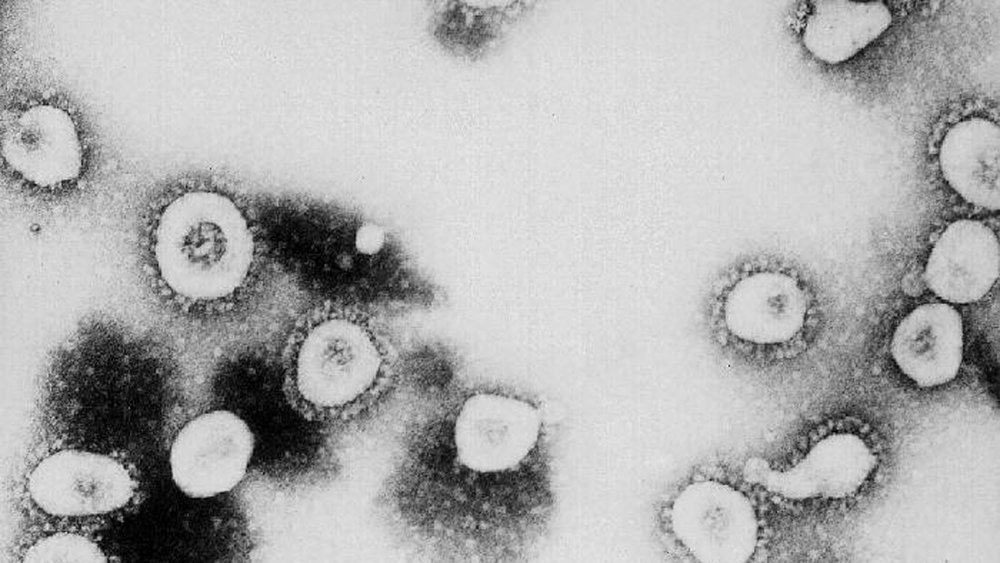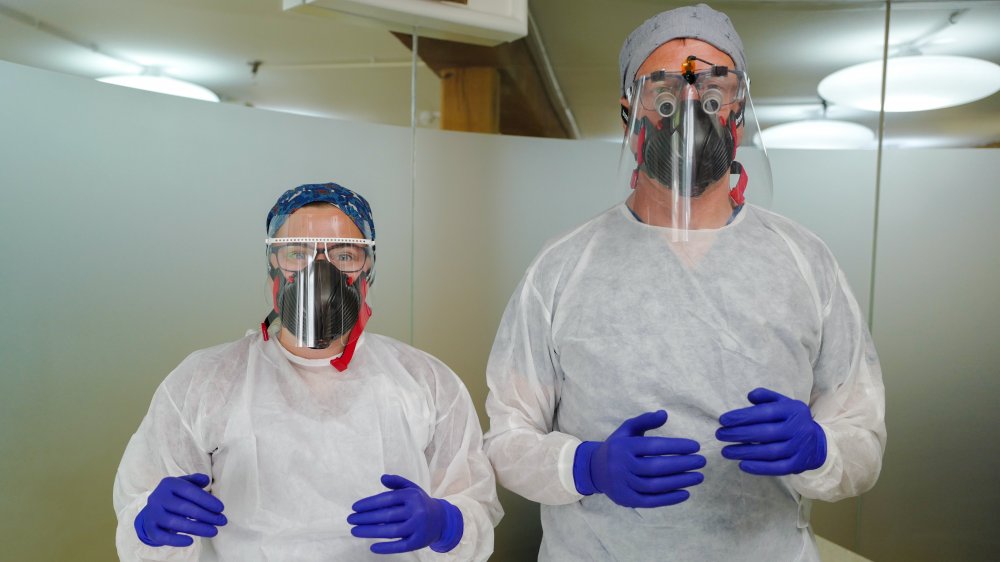Why The Coronavirus Isn't Going To Disappear Like SARS Did
The year was 2003, and the world was living through an international years-long geopolitical Terrible Horrible No Good Very Bad Day. Piling onto political strife, terrorism, war, and Firefly getting cancelled, there appeared to be the very real potential for a global pandemic thanks to a new and exciting outbreak. The news was all wrapped up in SARS fever and, to a lesser extent, SARS muscle pain, shortness of breath, and sore throat.
And then poof, like so much microscopic Keyser Soze, it was gone. What was projected to possibly be a world-shifting virus disappeared with only around 774 fatalities on its resume, according to WHO reports, and was declared officially contained in July of 2003, all without the help of a vaccine.
All of this reads like a real glass-is-half-full potential outcome for the COVID-19 pandemic of 2020. Unfortunately, there's a small pile of reasons why it's unlikely that we'll see the same miraculous contagion disappearing act this time around.
Sars and stripes forever
We had a lot of factors on our side when it came to beating SARS. As The Next Web points out, it was a reasonably containable virus, most easily transmitted when a patient was already showing plenty of symptoms. The sort of visibility made it easier to cut off at the pass. Simple health screenings and preventive measures were effective.
COVID-19 is a different animal. The virus can be passed before symptoms pop up, so a person can spread it around without ever knowing that they're infected, although new studies from the WHO show that it's probably rare. This means that common sense prevention like public temperature screenings won't have an effect until weeks after a patient is first infected. Additionally, it's still unclear whether a person who has been infected can continue to pass on the virus after they've recovered, or if they'll be susceptible to it again. All of that, according to Science Magazine, could mean that it sticks around in various forms for years to come, not unlike the common cold.

